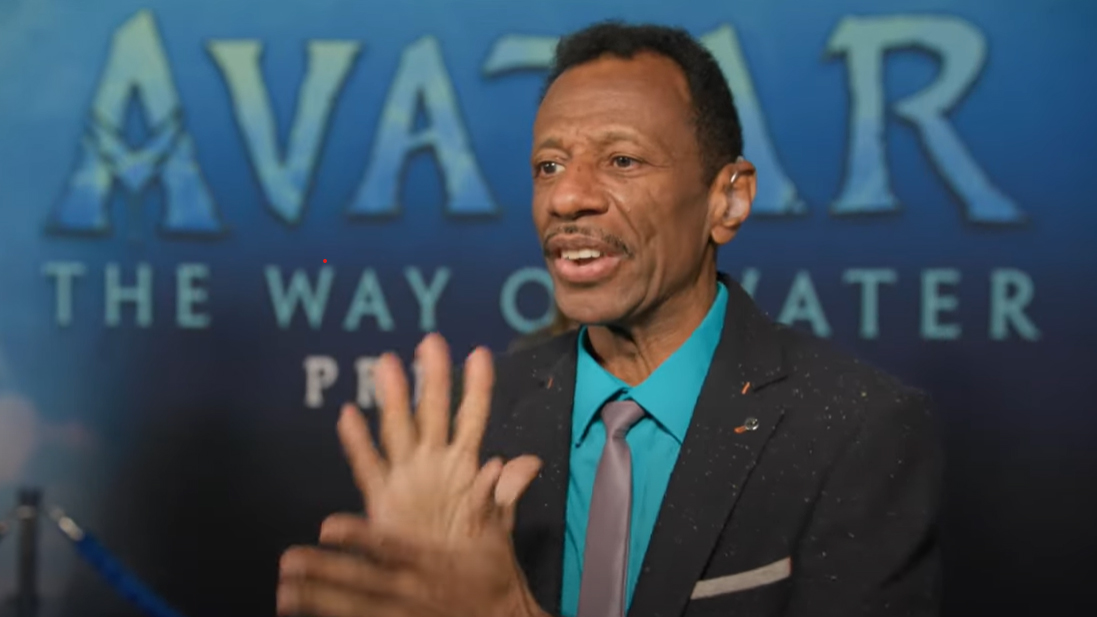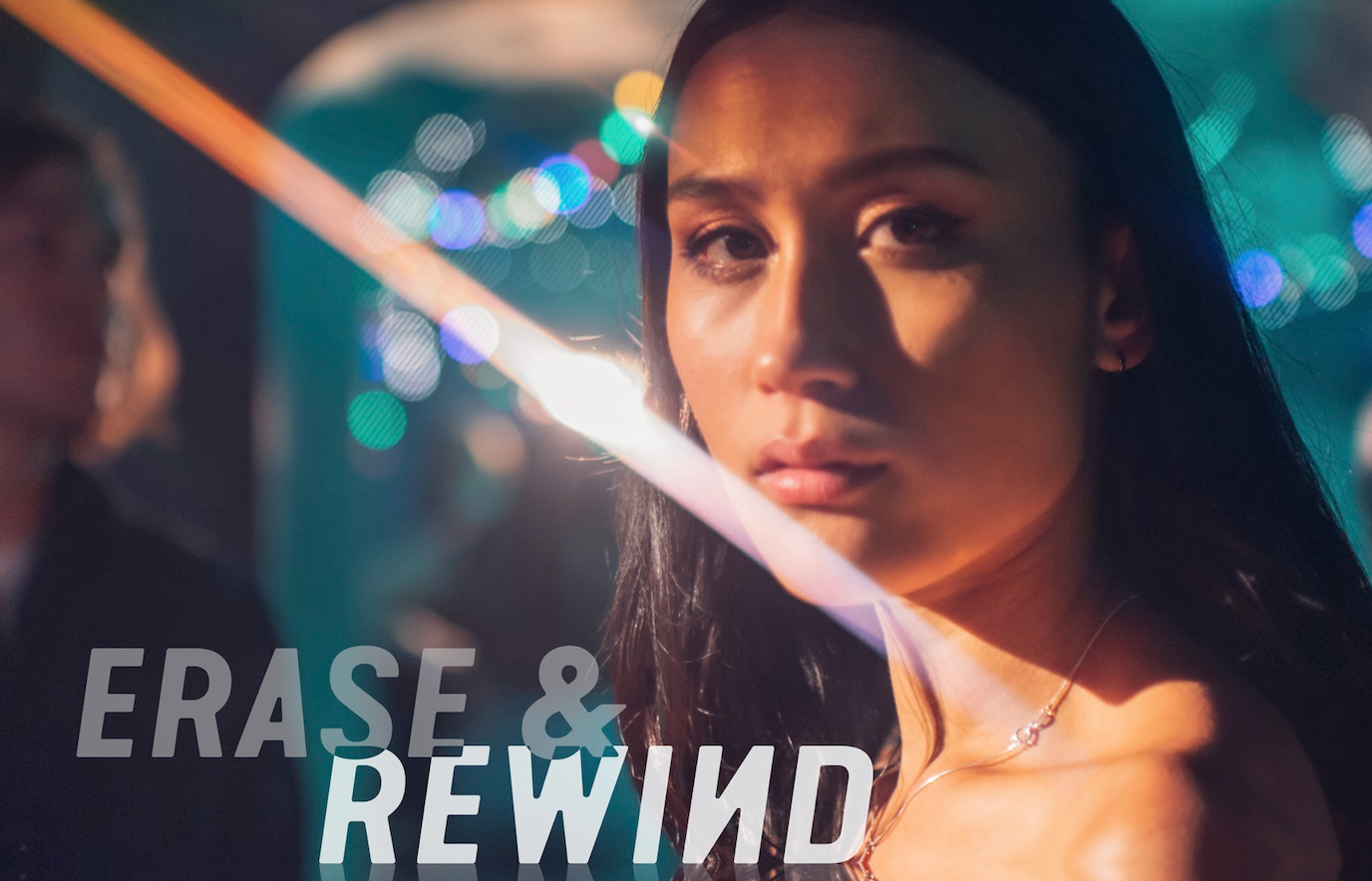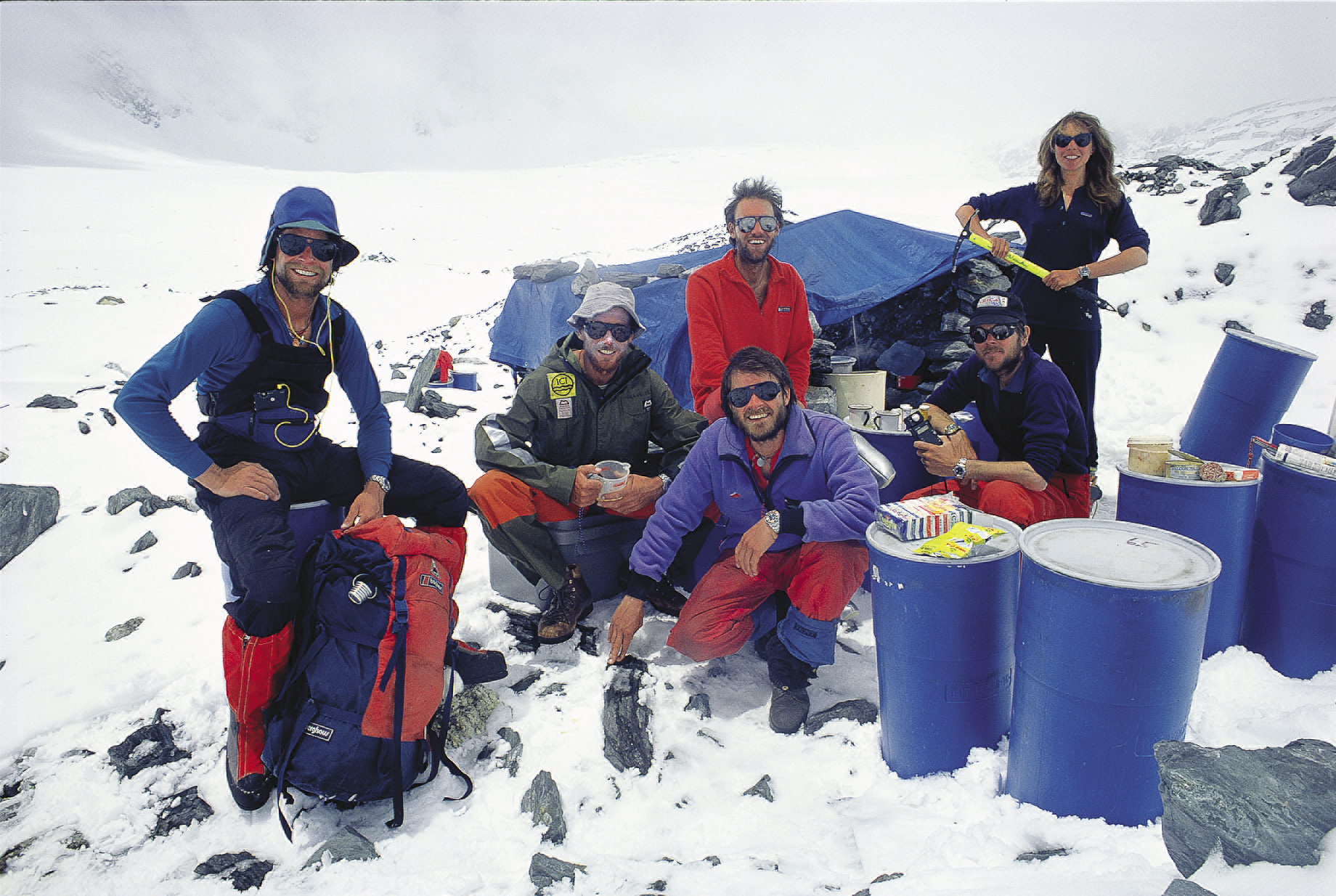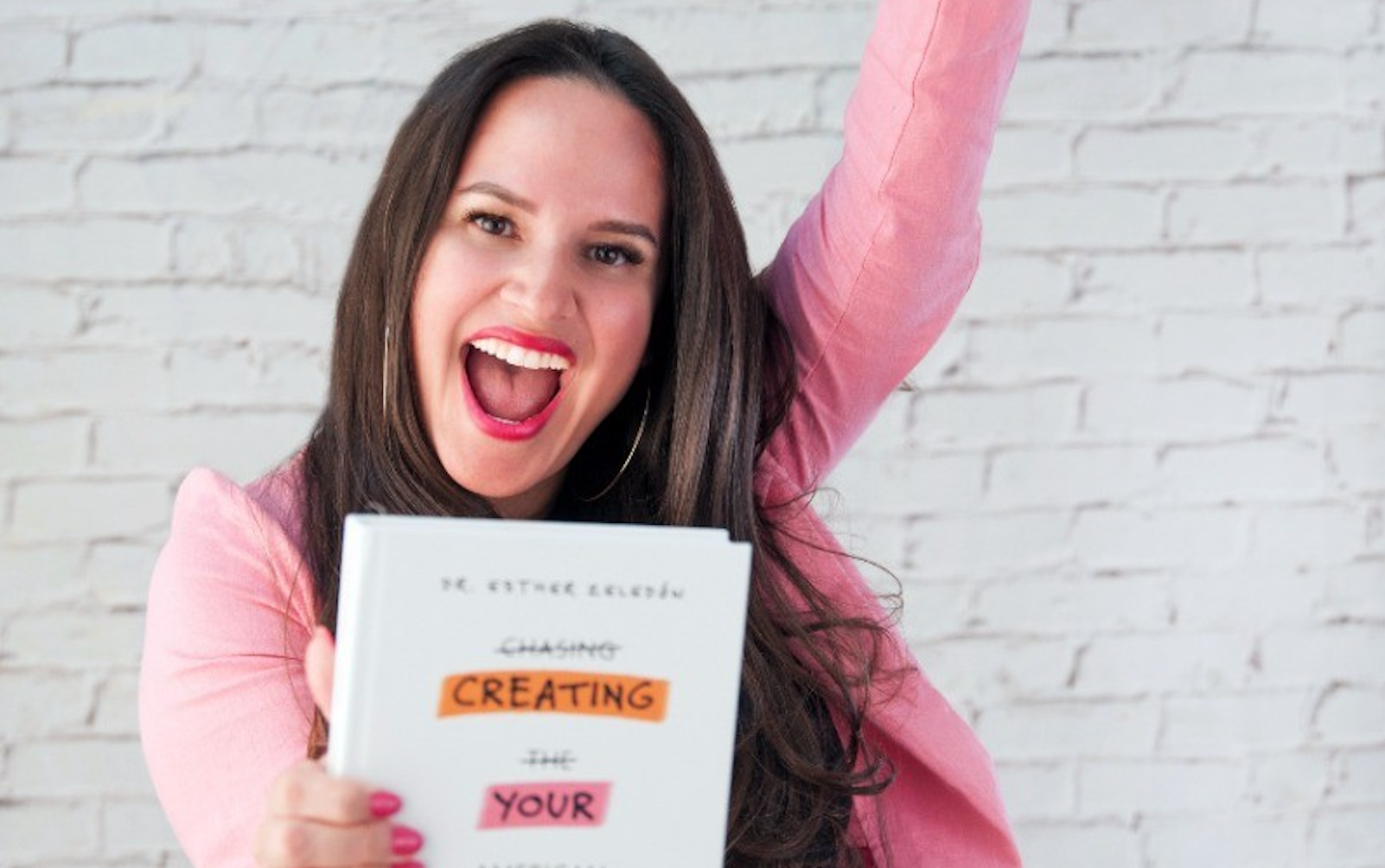
With the knowledge of women’s historical achievements and iconic lives not always being included in historical and academic texts at the same rate as historical and influential men, there has been a growing movement among feminists to change this by bringing visibility to important women around the world.
Wikipedia edit-a-thons have become a popular way for groups to correct the information gender gap, especially because of the way the site allows anyone to submit edits and changes to a page. In New York, feminist edit-a-thons have been taking place on a regular basis. Talia Lavin, writing for The New Yorker in 2016, says more than 90% of Wiki’s editors are male, and women make up less than 5% of its super users (people with more than five hundred edits to their names).
One of the groups she reported on, Art+Feminism, has been organizing edit-a-thons since 2014, and were responsible for 140 events across the globe. That same year, across the other side of the world, science outreach initiative IndiaBioscience based in Bengaluru, India, held an edit-a-thon to create and complete profiles of Indian women in the sciences.
It’s not just groups who feel the need to raise the profile of women who are doing and have done important work in a number of fields. Individuals like Emily Temple-Wood, a biology student at Loyola University in Chicago, decided to edit and complete a Wikipedia page about a woman in the sciences every time she was harassed or trolled online. Essentially, she turned what could be a negative situation into something positive for the cause of feminism.

Another group out of India has recently made a commitment to hold regular edit-a-thons, in order to raise the profile of badass Indian women across a range of industries and fields. Website FeminisminIndia.com, who teamed up with Breakthrough India, an NGO working to fight against gender discrimination and domestic violence, began their initiative in October of 2016.
Writer Adishi Gupta says they are making a deliberate attempt to ensure women and girls across India have the change to learn about awesome women from their own country who are creating change.
“We are all aware of the large reach and popularity of Wikipedia. However, what most people don’t know is that, according to a study conducted in 2011, only 9% of the editors at Wikipedia were women. And the percentage for India is even lower, just 3%. Wikipedia recognizes the systemic gender bias that is created because of factors such as these and thus enables its diverse range of users to edit and create Wiki pages, with reliable and authentic sources,” she said.
Since October, they have held monthly edit-a-thons, each session focusing on a different topic. So far they have covered female Indian poets and authors, Indian queer feminists (in honor of November being Pride month in Delhi) and human rights activists (in honor of Human Rights Day on Dec 10th).

In a culture where the visibility and representation of women in public spaces can conflict at times with the traditional sensibilities of India’s conservative culture, what these groups are doing is creating a way to show that women’s contributions and voices matter.
They plan to continue examining gender in India while increasing content about women and marginalized communities in a way that doesn’t require cutting through red tape or battling any form of long-standing institutional hierarchy.
Reporting on each edit-a-thon so far, Feminism In India have shared the names of the individuals who worked at each session, and how other groups joined their efforts to help streamline the process and check for errors. It is encouraging to see men getting involved in this initiative also.
Some of the women they identified as figures they wanted to write about, didn’t even have a Wikipedia page to begin with. For the November session on queer women, they worked closely with an NGO called Nazariya which helps LGBTQ women.
“Nazariya created a list of some Indian queer feminists and looked at their representation in Wikipedia. Most of the names on the list did not have any Wiki presence,” writes FII’s Japleen Pasricha about the stark absence of these women on Wikipedia.

Although Feminism In India started holding the events in October, Breakthrough India have been doing edit-a-thons for 2 years with various organizations, and so far have managed to create over 80 new Wikipedia pages about women in India. They are careful to check their sources and work with individuals and companies that can help them adhere to Wikipedia’s strict guidelines for citing sources (personal blogs do not count), but they have managed to make it work.
“In the edit-a-thon on Dalit women activists, for instance, we ensured that the references and sources used, the people involved, were from the Dalit community,” said Breakthrough India’s Shobha SV who organizes these edit-a-thons.
They do struggle at times to find the right information to complete a page, which goes back to the exact issue of why these pages are needed.
“Because of this lopsided ratio there’s a paucity of information about women and other gender related issues. Information about castes, groups, tribes, etc are not there,” Shobha told Catchnews.com.
With these regular edit-a-thon sessions, invisible women across India are now being given the chance to have their work, stories and lives shared on a large platform. It’s exciting to see how feminists across the world are working to create change in their own communities and inspire younger girls with role models who now have a rightful place in history, thanks to the individuals below.


















2 thoughts on “Indian Feminist Orgs. Hold Regular Wikipedia Edit-A-Thons To Increase The Visibility Of Women”